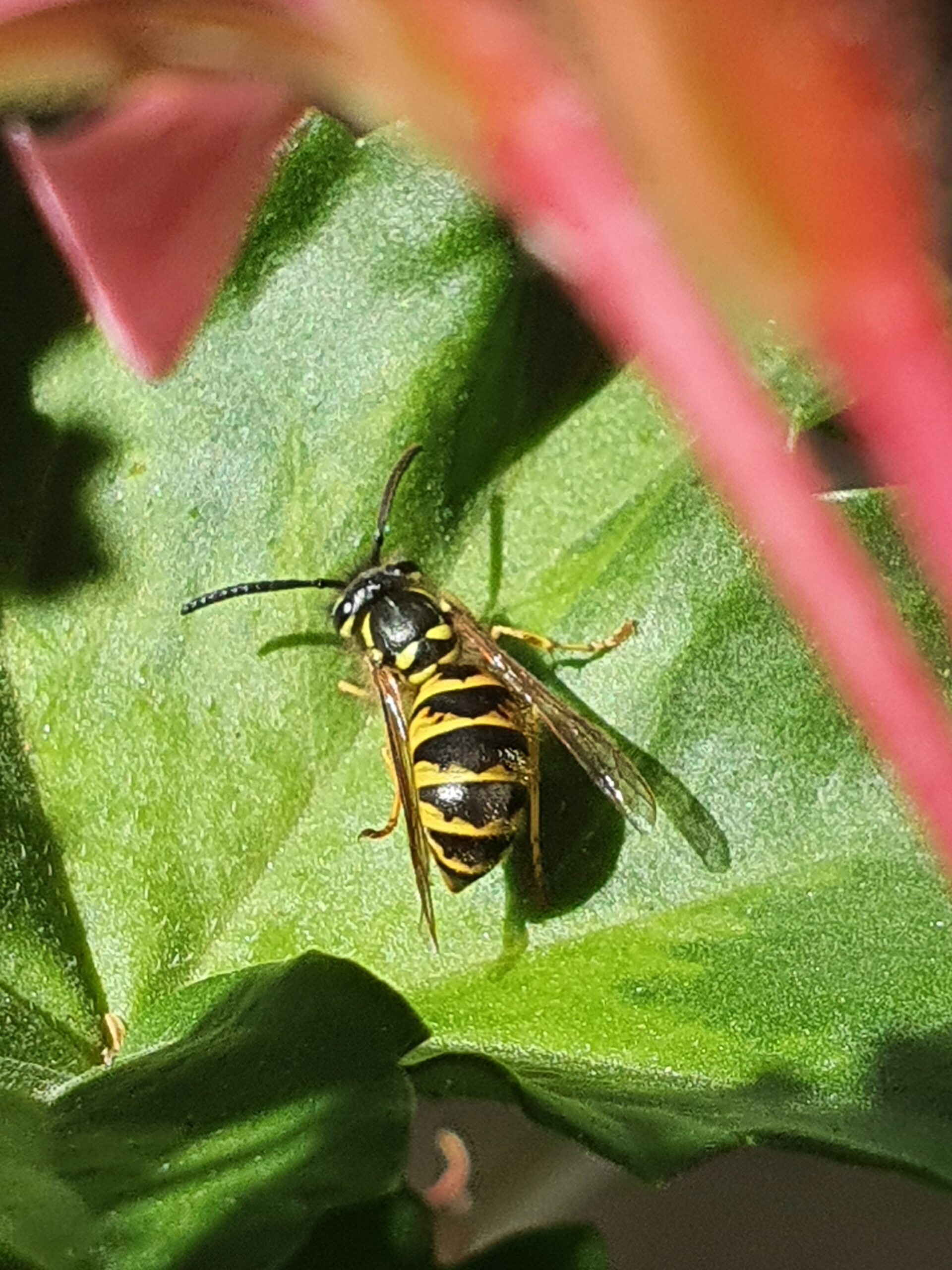You’ve probably heard of wasps and their ability to create a lot of problems. If you’re seeing a lot of wasps around your home, it could be an indication that you have an infestation.
Wasps are dangerous pests because they sting people and animals, causing pain and swelling. Furthermore, if you’re allergic to stinging insects like bees or wasps, being stung by one or more pests can have deadly consequences. Here’s what you need to know about this pest problem so that you can take proper steps to eliminate it.
Types of wasps that can be found near your house
- Hornets: These are the largest of the wasps. They live in colonies and eat meat, which means that they can be found near human homes.
- Yellow jackets: These are smaller than hornets, but they’re still dangerous because they tend to attack when threatened or provoked. They also tend to sting repeatedly if you don’t get away from them quickly enough after being stung once!
- Paper wasps: These guys build their nests out of paper made from wood pulp and saliva; they may look like an ordinary piece of trash hanging on your house, but it’s full of angry wasps ready to attack anyone who gets too close!
- Mud daubers: These guys make their homes by digging holes into tree trunks or other surfaces where they can safely lay eggs without getting disturbed too much by predators like birds who might try stealing all those tasty larvae inside (ew!).
Where are wasps likely to be found?
Wasps are social insects and live in nests. Nests can be found in trees, under eaves, or in roof cavities. Some species build their nests underground. The wasps’ nest is made from wood and other materials which they gather by chewing up plant matter. The size of the nest depends on how many wasps live in it; some can get big!
Wasp colonies can also build their homes high up in trees – often near open windows or doors where they can easily find food sources (like people). If you see holes in leaves or branches on your property with no other explanation for how they got there, it might be worth looking into whether there are any wasp nests nearby! If you see a wasp nest on your property, there’s a good chance that it has been built in a dark, dry and protected area.
Also Read: 10 Effective Ways To Pest Proof Your Home
Do I need to worry about them getting into my house?
Yes, you should worry about them getting into your house. If a wasp gets inside and stings you or one of your pets, it could be painful and dangerous. Additionally, if the nest is in an area where people often spend time, it can be quite annoying to have to deal with the noise from so many insects buzzing around all day long. If you see one or more nests on your property, call an expert nearby pest control immediately! The sooner we get rid of them for good, the better off everyone will be!
Cause of wasps infestation at home
Wasps will often fly into homes when they’re looking for a place to nest. This isn’t always the case though sometimes wasps will simply come into your house because they like the environment inside (it’s warm) or because they’ve smelled something tasty nearby!
Wasps are attracted to sweet foods, drinks, meat and fish. Wasps have a keen sense of smell, which makes it easier for them to detect any food or drink that has been left out on your countertops or anywhere else in your home.
How do I know if I have a wasp problem?
If you witness a wasp, it’s likely that the nest is close by. Wasps are not aggressive by nature, but if they feel threatened or their nest is threatened, they will sting you in defence. If you see one or two stray wasps around your house, call an expert–you may have a problem on your hands!
If you have a wasp problem, it’s important to understand what exactly the problem is and how to get rid of it. Wasps are dangerous if they’re allowed to build their nests in your house or yard. They can sting you, but they also leave behind a stinging substance that can cause allergic reactions in some people.
Conclusion
If you’re concerned that you have a wasp infestation at home, it’s best to call an expert. They will be able to assess the situation and determine what steps need to be taken next. If there are no nests in your yard or on your property, then there is probably no need for immediate action unless other people are experiencing problems with these pests as well.




